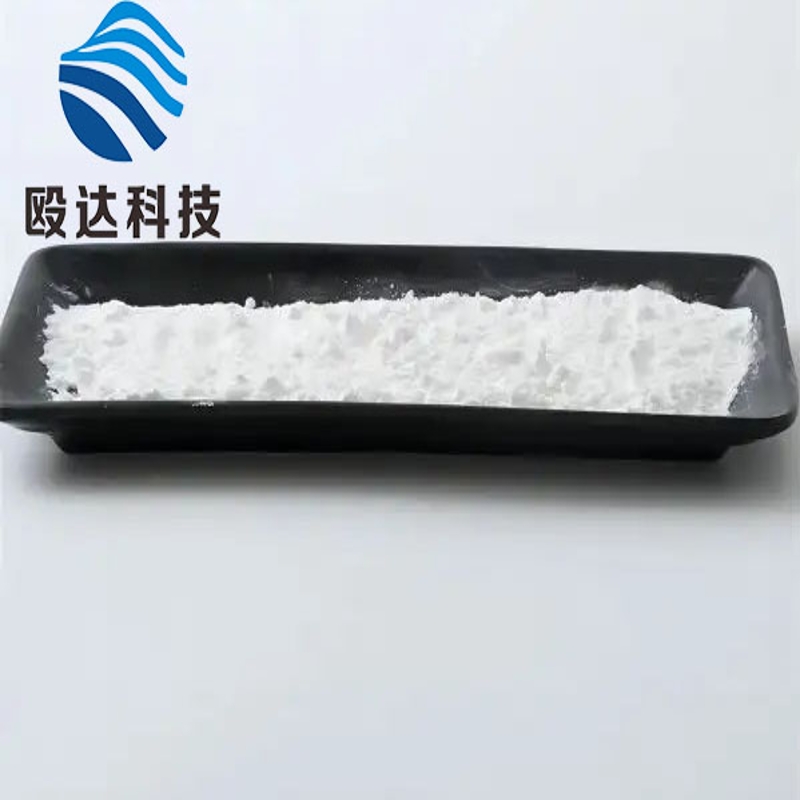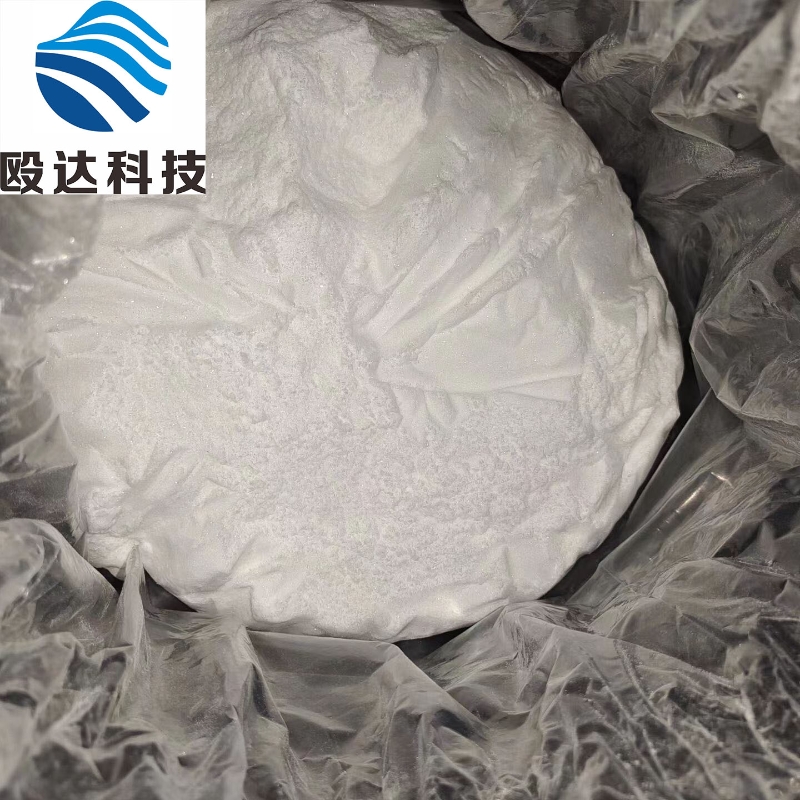-
Categories
-
Pharmaceutical Intermediates
-
Active Pharmaceutical Ingredients
-
Food Additives
- Industrial Coatings
- Agrochemicals
- Dyes and Pigments
- Surfactant
- Flavors and Fragrances
- Chemical Reagents
- Catalyst and Auxiliary
- Natural Products
- Inorganic Chemistry
-
Organic Chemistry
-
Biochemical Engineering
- Analytical Chemistry
- Cosmetic Ingredient
-
Pharmaceutical Intermediates
Promotion
ECHEMI Mall
Wholesale
Weekly Price
Exhibition
News
-
Trade Service
12, 2020 // -- In a recent study published in the international journal Nature Communications, scientists from Montreal and other institutions gained insight into the complexity of the environment in which T cells grow, as well as further clarifying the mechanisms by which T cells produce tolerance, the resistance of T-cells and major barriers to cellular immunity;
: CC0 Public DomainT cells are an important component of the body's immune system, protecting the body from infection and eliminating cancer cells.
treatments that use the host's own immune system to destroy tumor cells - immunotherapy not only improves the survival rate of cancer patients, but also effectively treats a range of cancer patients who are not effectively treated with a range of malignant cancers or traditional therapies.
Nevertheless, many obstacles can still hinder the effectiveness of immunotherapy because of the T-cell tolerance mechanism, which causes the body to produce a state that fails against specific antigen immune responses, and researcher Lebel said that in this study, we focused on understanding the mechanisms by which T-cells produce tolerance, designed to reveal the molecular mechanisms by which specific T-cells are not effective in attacking diseased cells. In the
article, the researchers identified a variety of factors that affect T-cell development by gaining an in-depth understanding of the environment in which T-cells develop and interact, which may have important effects on the body's ability to control the growth of infectious factors or tumor cells.
() Original source: Lebel, M., Coutelier, M., Galipeau, M. et al. Differential expression of tissue-restricted antigens among mTEC is associated with distinct autoreactive T cell fates. Nat Commun 11, 3734 (2020). doi:10.1038/s41467-020-17544-3.







